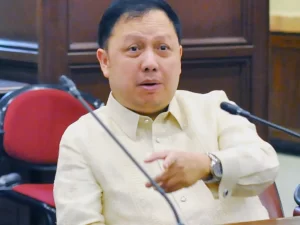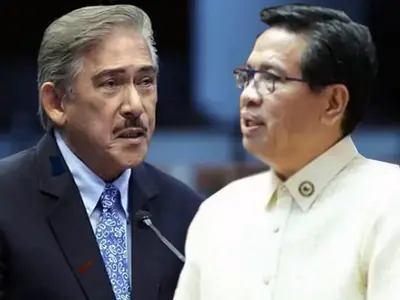
PRESIDENT Ferdinand Marcos Jr. has reaffirmed the government’s commitment to its P20 per kilo rice program, declaring that it will not only continue but also expand its reach to more public markets across the country.
In a recent vlog posted on his official YouTube channel, President Marcos emphasized the program’s long-term viability, stating that “it is achievable, it is sustainable.”
He confirmed that the program will initially focus on vulnerable sectors before expanding to a wider population. The President also sought to alleviate concerns about potential losses for farmers, explaining that the National Food Authority (NFA) purchases palay (unmilled rice) at prices ranging from ₱19 to ₱23 per kilo for dry palay and ₱18 per kilo for wet palay, ensuring that farmers receive fair compensation regardless of market rice prices.
The “Benteng Bigas Meron na!” (BMM) program, launched in May, initially provided subsidized rice at Kadiwa centers to marginalized groups, including indigents, senior citizens, solo parents, and persons with disabilities. The program subsequently expanded to include 120,000 minimum wage earners.
This expansion follows the Department of Agriculture’s (DA) securing clearance from the Commission on Elections to sell subsidized rice from NFA buffer stocks. While initially slated to run until December, President Marcos has directed the DA to extend the program nationwide until the end of his term in 2028. This commitment underscores the administration’s dedication to ensuring food security and affordability for Filipino citizens.
The President’s commitment to the P20 per kilo rice program has received further support from his cousin, Leyte 1st District Representative Martin Romualdez, who filed House Bill No. 1 (Rice Industry and Consumer Empowerment Act) and House Bill No. 14 (expanding Philippine Crop Insurance Corporation services) on July 3.
These bills aim to bolster the NFA’s capacity to stabilize rice prices and enhance support for farmers, respectively. The combination of executive action and legislative support suggests a concerted effort to make the P20 per kilo rice program a cornerstone of the administration’s food security strategy.
The long-term sustainability and potential impact of this program on both consumers and the agricultural sector remain to be seen.



